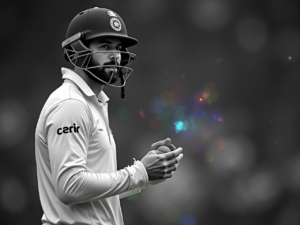Since Pope Francis’s death in April 2025, a global betting frenzy has emerged, replacing traditional conclaves with market-driven predictions. Leading the race are Italian Cardinal Pietro Parolin and Filipino Cardinal Luis Antonio Tagle, whose odds reflect broader geopolitical and cultural shifts. This article explores how technology, law, geopolitics, and media influence this unprecedented phenomenon, revealing the complex tapestry of faith and finance shaping the next papal successor.
The Power Play of Faith and Fortune: Leading Candidates Dominate the Pope Succession Betting Arena
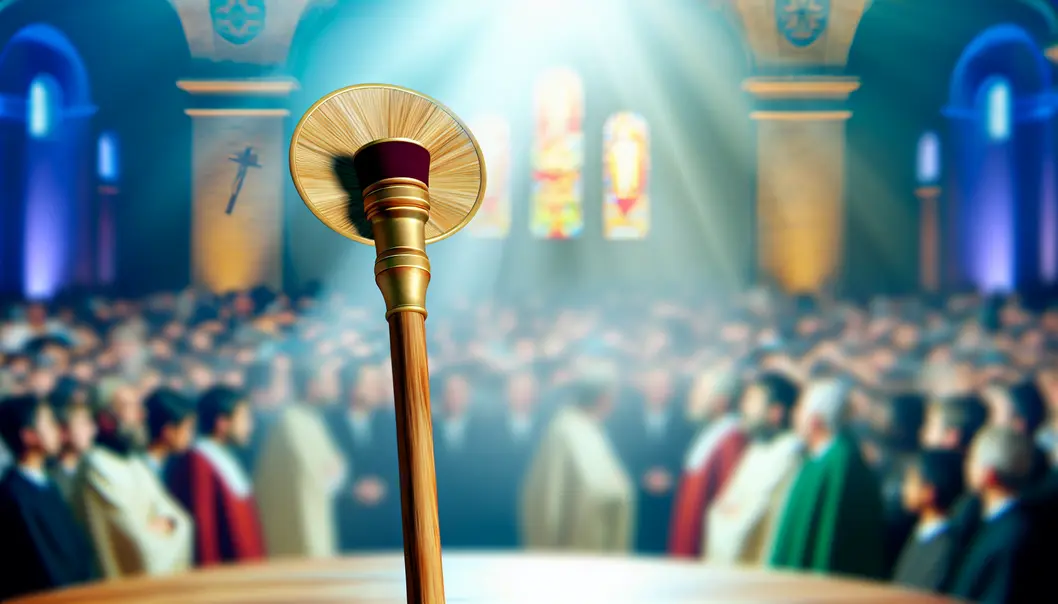
As the world closely monitors the passing of Pope Francis and the ensuing conclave, the betting markets have become a fascinating arena where speculation and tradition intersect. Among the contenders, Italian Cardinal Pietro Parolin stands out as the frontrunner, with his role as Vatican Secretary of State providing him with unmatched influence and diplomatic credentials. His odds consistently hover near the top, reflecting both his institutional prominence and the strategic support he commands within the Vatican hierarchy. Conversely, Filipino Cardinal Luis Antonio Tagle captures imaginations well beyond ecclesiastical circles due to his moderate stance and potential to become the first Asian pope, a milestone that could reshape the Church’s global image. The betting patterns reveal a surprisingly high volume of support for both, with market shares indicating a clear preference among bettors for these two figures, a dynamic driven by their distinct regional and ideological backgrounds. Parolin’s strong diplomatic experience makes him a logical choice for those favoring continuity and stability, while Tagle’s diverse appeal and progressive reputation appeal to moderates and reform advocates alike. This betting frenzy, fueled by mainstream media coverage and cultural phenomena like recent films, has turned the papal succession into a spectacle that combines the sacred with the speculative. It exemplifies how modern markets adapt traditional religious processes into a new domain of financial speculation, where both faith and fortune are up for grabs. The compelling odds and shifting sentiments underscore that, in this unpredictable conclave, the market’s voice adds an intriguing layer to the timeless process of selecting a spiritual leader.
Digital Innovation and Legal Complexities Shaping the Pope Successor Betting Landscape
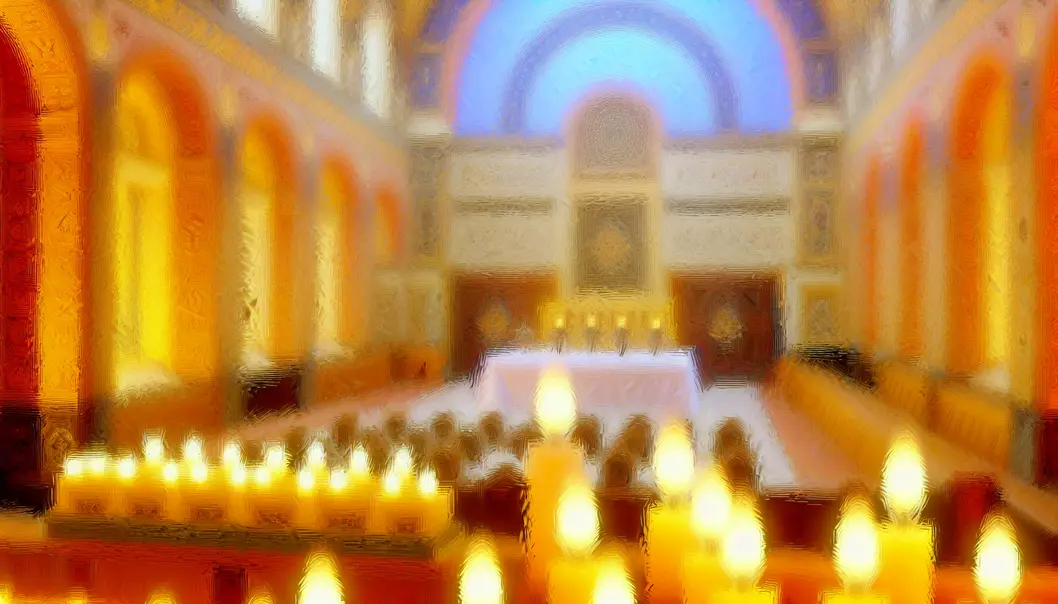
The rapid rise of digital platforms in the betting market for papal succession has spotlighted both technological innovation and intricate legal challenges. Blockchain-powered prediction markets such as Polymarket have become central to this phenomenon, processing millions in bets and providing real-time odds on candidates like Pietro Parolin and Luis Antonio Tagle¹. These platforms leverage cryptocurrency integration, enabling participants worldwide to engage without traditional banking restrictions, thus driving global participation and increasing market liquidity. Such technological features reflect broader trends in event-driven betting, where digital currencies facilitate swift, borderless transactions.
However, this digital expansion raises significant legal questions. Jurisdictional ambiguities emerge as many platforms operate across borders, making effective regulation a complex task. Different countries’ gambling laws are often ill-equipped to address cryptocurrency-based prediction markets, leading to a patchwork of compliance requirements. In some regions, authorities have issued warnings or attempted bans, while enforcement remains inconsistent due to the decentralized nature of these markets². Participants face legal risks too, especially in jurisdictions where betting on religious or political events falls under strict regulation. Transparency concerns also persist, with unregulated markets vulnerable to manipulation. Notably, the prominence of Parolin and Tagle in betting odds underscores their perceived influence within the Vatican hierarchy and the broader expectations for future papal leadership. As media coverage and cultural phenomena like the 2024 film “Conclave” amplify public interest, the intersection of faith, technology, and finance continues to evolve, making this a compelling reflection of modern religious and digital integration.”[3]
Geopolitical and Cultural Currents Shaping the Race for the Papacy: Parolin & Tagle in Focus
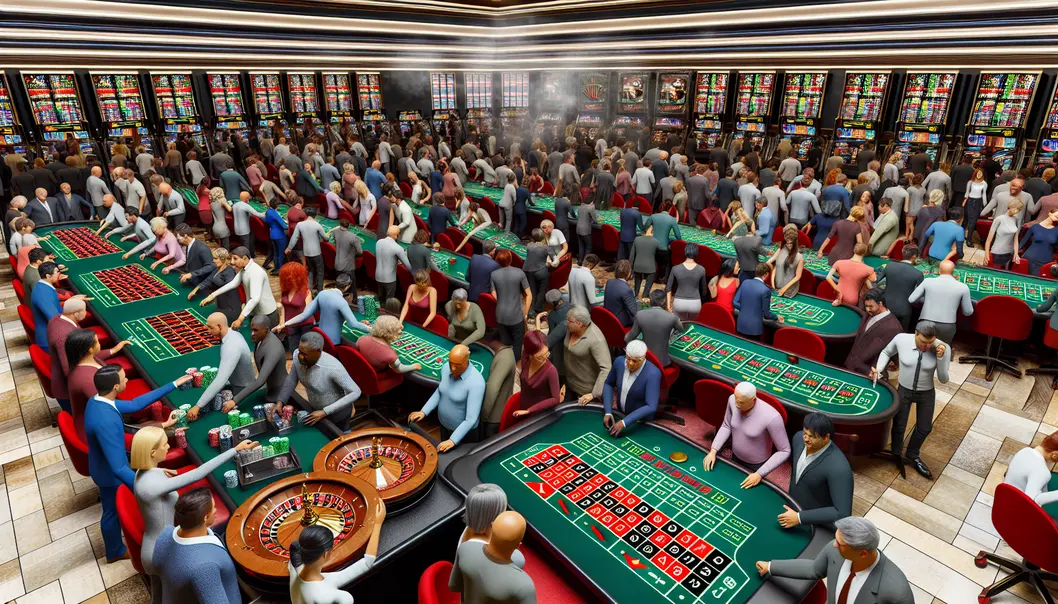
The current betting markets reveal how deeply geopolitical and cultural forces influence the selection of the next pope, with Cardinal Pietro Parolin and Cardinal Luis Antonio Tagle emerging as top contenders. Parolin’s diplomatic background as Vatican Secretary of State positions him as a figure aligned with institutional stability amid ongoing global conflicts, including tensions in Eastern Europe and the Middle East. His moderate stance is often seen as a bridge within the Church’s diverse factions, making him favorably viewed in betting odds¹. Conversely, Tagle’s rise signifies a shift towards greater representation of the Global South. As a Filipino Cardinal, his background embodies the expanding influence of Asia and Latin America in Catholic leadership. His focus on social justice and outreach appeals to a Church increasingly attentive to inclusivity and local cultural contexts². Geopolitical issues like the Vatican’s relations with Russia and the larger international balance of power play crucial roles; a pontiff with diplomatic tact (like Parolin) may be preferred for navigating these complexities, whereas a leader with a strong social advocacy stance (like Tagle) could resonate with broader, emerging church priorities³. These factors, coupled with regional and cultural diversity considerations, shape the betting trends—reflecting the silent negotiations and ideological balances that often underpin the conclave process. Though traditional ecclesiastical factors still hold sway, the modern geopolitical landscape adds new layers of complexity, making this race highly uncertain and dynamic, as history has shown in previous conclaves4. For more on how global events impact the selection process, see this detailed analysis.
Unraveling the Role of Media and History in the Pope Election Betting Boom
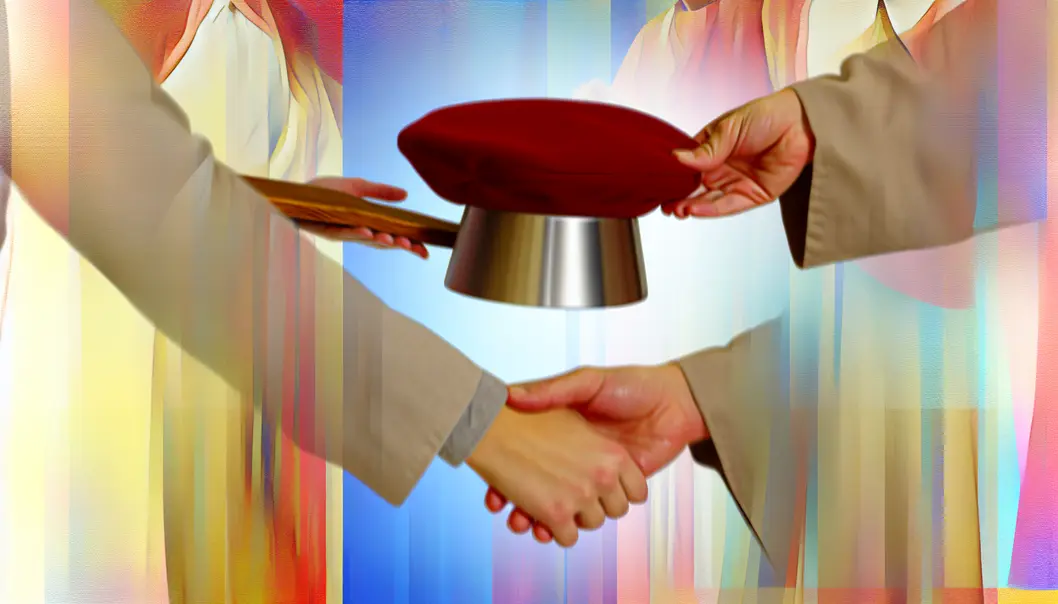
The tradition of betting on papal elections dates back centuries, yet recent trends reveal an evolving landscape heavily influenced by media and historical unpredictability. Historically, conclaves have often defied the odds set by betting markets, as exemplified by the 2013 election of Pope Francis, where favorites underestimated the outcome¹. Media coverage plays a pivotal role in shaping public perception; during conclaves, widespread analysis and intense speculation often alter the perceived likelihood of various candidates, sometimes elevating lesser-known figures temporarily. For instance, in 2013, Cardinals Parolin and Tagle gained media attention, yet neither significantly shifted betting favorites, illustrating how media influence influences perceptions but doesn’t guarantee electoral success². Cardin al Parolin, known for his diplomatic prowess, was portrayed as a stabilizing figure, and media narratives often emphasize his experience, yet betting odds remained cautious. Conversely, Cardinal Tagle’s progressive stance garnered global media support as a symbol of reform, but nonetheless, his odds in betting markets didn’t rise proportionally, reinforcing the conclave’s inherent unpredictability. The secretive nature of the process combined with media-driven narratives makes predicting outcomes akin to a complex game of Bayesian updating—information reshapes odds, but surprises are inevitable. This confluence of history and media ensures that the betting frenzy surrounding the papal succession remains lively and unpredictable, keeping both enthusiasts and observers engrossed in the ongoing debate about who might ascend to the Holy See next³.
Final thoughts
The papal succession betting frenzy underscores a fascinating fusion of tradition and modernity, where technological, geopolitical, and media forces intertwine. With Parolin and Tagle in the lead, the market-driven approach highlights new, unpredictable pathways to the Vatican’s future leader, reflecting broader societal currents that extend beyond ecclesiastical bounds. As conclaves evolve in the digital age, the intersection of faith, finance, and global influence continues to shape this historic process.
Join Vegas Casino World Today – Your Thrill Starts Here!
Learn more: https://vegas-one.com/forward-to-vegas11/
About us
Vegas Casino World is a next-generation digital entertainment platform designed to deliver immersive, interactive gaming experiences to users across India and beyond. Built with a focus on cutting-edge technology, localized content, and user-first design, Vegas Casino World offers a wide array of skill-based and chance-based digital games that cater to a diverse audience of online players. Our platform provides a broad portfolio of games, cross-platform accessibility, secure and transparent technology, reward-driven user experiences, and culturally tailored offerings—redefining digital leisure and entertainment for a modern global audience.
